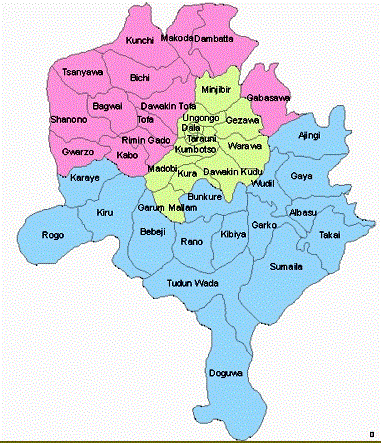
The Government of Uganda says it has drawn lessons from Nigeria and other African countries by enacting anti-venting law which prevents gas flaring.
It also enacted a law to promote investments in its oil and gas industry.
According to Ugandan Minister of Energy and Mineral Development, Mrs Ruth Ssentamu, this was done in the country’s bid to protect its environment from pollution, degradation, and lack of investment.
She spoke at the Africa Women in Energy International Summit held on the sidelines of the Oil Technology Conference in Houston, Texas.
The theme of the summit was ‘Promoting Diversity and Partnership for Growth.’
The World Bank recently said that each year, gas flaring, the burning of natural gas associated with oil extraction, emits more than 400 million tonnes of CO2 equivalent emissions, including methane and other pollutants.
Ssentamu said, “Uganda had learned from the mistakes of other oil-producing countries, especially in Africa to develop its own oil and gas law by not falling into the mistakes of its predecessors.”
She announced that Uganda would be producing its first oil in 2025, saying from the first day of oil production, the country had barred gas flaring and any form of environmental hazards associated with oil exploration and production.
The minister said the discovery of oil for any country should naturally be a blessing, warning that such a blessing could, however, turn into a curse if it was not well prepared for.
She added further that oil would be a curse if a country decided to abandon agriculture and relied solely on gains from hydrocarbon resources.
She declared, ‘‘Uganda prepared very well by training Ugandans to be the ones to negotiate the terms, policies and conditions for its oil industry and they are now the ones developing the industry.
“We put in place all the relevant laws to guide our operations. And one of those laws stipulates that all the revenue we get from oil will go into infrastructure development only and not for eating or payment of salaries.’’
According to her, one of the infrastructure developments that the resources from oil will go into is electricity, saying the country needs electricity to industrialise.
She disclosed further that proceeds from oil revenue would be used to build refineries because the country would not be in the business of petroleum resources to export all its oil.
On gender inclusion, she said the time was ripe for women to be given prominent and front-row roles in the management of the economy.
‘‘As a mother, women are naturally not selfish because they want every member of the family to be happy in an equitable manner,’’ she added.
The energy minister adds that women should take the driver’s seat in the energy sector.
“When there is a poor electricity supply and a lack of cooking gas, it is the women that bear the brunt of resorting to firewood to cook, which shortens their lifespans,” she enunciated.





